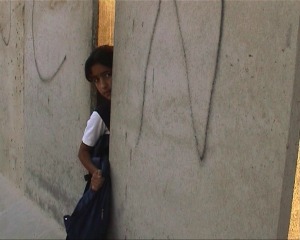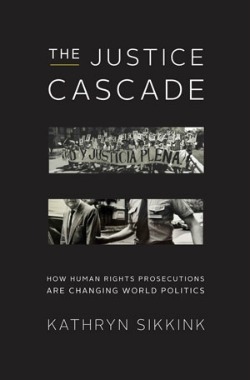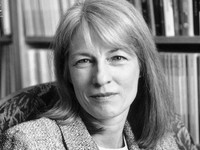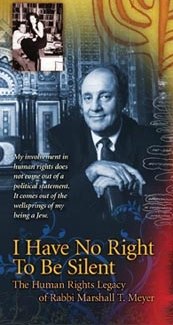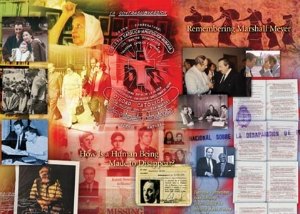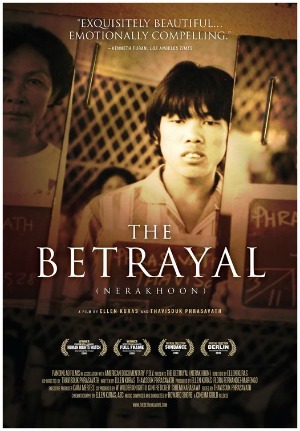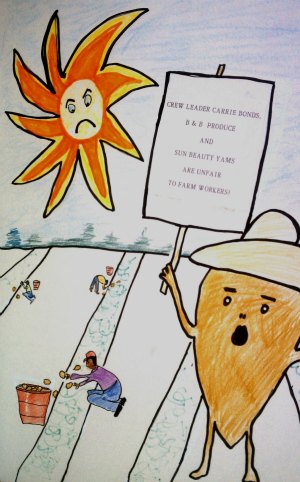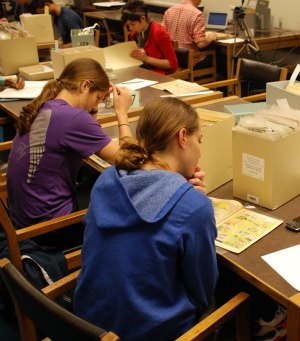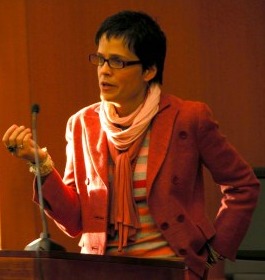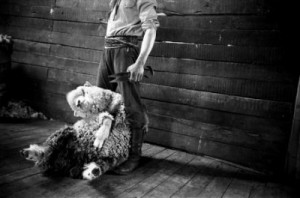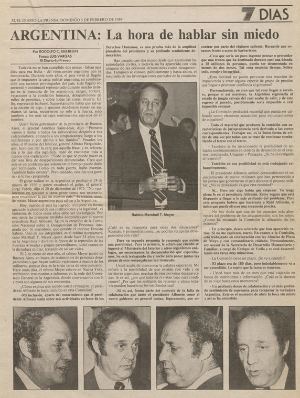
Duke University Libraries announces the publication of the Marshall T. Meyer digital collection (available at http://library.duke.edu/digitalcollections/
meyermarshall/) which documents the human rights activism of the Rabbi Marshall T. Meyer in 1970’s and 1980’s Argentina. The digital collection is a subset of the Marshall T. Meyer papers held at the Rubenstein Library.
Marshall Meyer was an activist rabbi who expounded a politically engaged Conservative Judaism. After being ordained rabbi in 1958, Meyer and his wife moved to Buenos Aires, Argentina, in 1959, where they were to stay until 1984. Meyer led the reinvigoration of Argentina’s Jewish community and lived and fought through the political upheavals and turmoil of the 1970s and 1980s, openly speaking out against the human rights abuses perpetrated under the rule of the military junta, and visiting and attempting to secure the release of prisoners who were unlawfully incarcerated. After the return of democracy to Argentina in 1983, Argentine President Raul Alfonsin recruited Meyer to serve on the National Commission on the Disappearance of Persons (CONADEP in Spanish), which led a national investigation to establish the extent of the abuses suffered under the military junta.
Meyer returned to the United States in 1984 and took over the helm of congregation B’nai Jeshurun, reviving the decaying New York City synagogue and transforming it into a dynamic center for Judaism in the United States. Meyer advocated for inter-religious dialogue and peace efforts, the plight of marginalized groups within the United States, against human rights abuses in Central America (El Salvador, Nicaragua, and Guatemala), and for peace and respect for human rights in Israel and Palestine.
The items in the Marshall Meyer digital collection focus on his work in Argentina on behalf of human rights. Approximately 6 linear feet of paper documents were digitized and individually cataloged. The digital collection contains 1,025 items including correspondence, project files, subject files, publications, and other documents. The web portal allows researchers to access individual documents via subject, document type, date, language, and titles. Future enhancements to the collection will include addition of archival descriptions and access and the addition of a/v material.
The Marshall Meyer digital collection is complimented by two other digital initiatives: the on-line exhibit: “I Have No Right to Be Silent, The Human Rights Legacy of the Rabbi Marshall T. Meyer” ( http://exhibits.library.duke.edu/exhibits/show/ihavenorighttobesilent ) produced by The Duke Human Rights Archive in partnership with the Duke Human Rights Center and the Center for Jewish Studies at Duke, and the Fondo Marshall Meyer (http://www.memoriaabierta.org.ar/bases/opac/fondos/meyer/index.html ) produced by Memoria Abierta.
Post contributed by Patrick Stawski, Human Rights Archivist.



